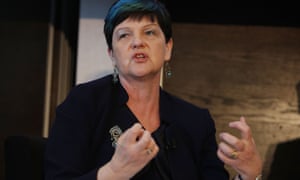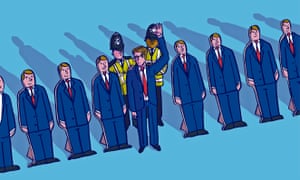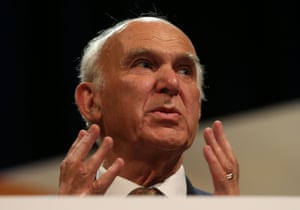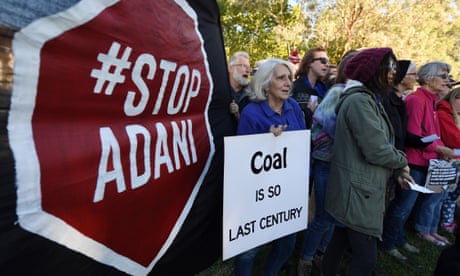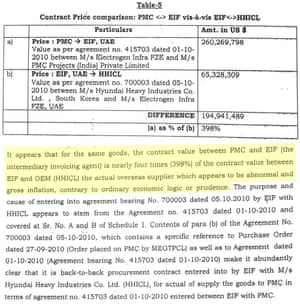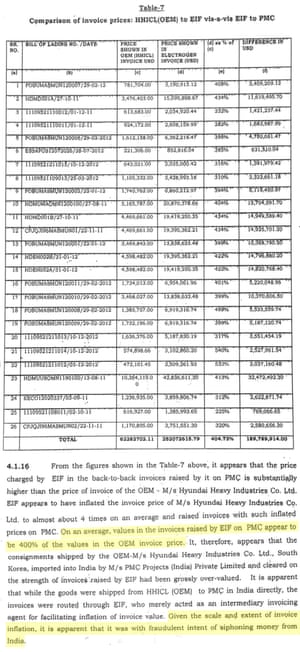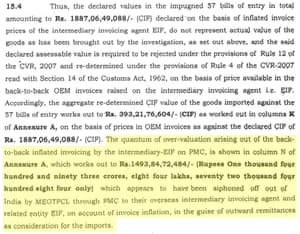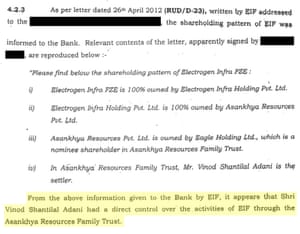What does legal fiction mean? Isn't property rights legal fiction?
Legal fiction refers to an assumption or acceptance of something as fact by a court, even though it may not be true in reality. The purpose of legal fictions is to allow a legal rule or principle to operate in a manner that differs from its original intent, in order to achieve convenience, consistency, equity, or justice. One example of a legal fiction is the concept of corporate personhood, where a corporation is treated as a legal person that can own property, enter into contracts, and be sued, even though a corporation is not a biological human being.
How is legal fiction used in property rights?
Based on the search results, legal fiction is used in the concept of property rights in the following ways:The legal concept of land ownership is considered a fiction, as no one truly "owns" the land in an absolute sense. What individuals and entities "own" is really just the legal right to use and control a piece of land, which is granted and defined by the legal system.
Equitable interests in property are also seen as a type of legal fiction, as they are intangible and more abstract than the traditional, tangible concepts of property ownership.
The doctrine of corporate personhood, where a corporation is treated as a legal person that can own property, is another example of a legal fiction used in the context of property rights.
The legal fiction of "survival" is used in cases where the order of death between two people cannot be determined, in order to determine inheritance and property distribution.
What about human ownership of labour - isn't it a legal fiction? Or the definition of humans, slaves and animals?
Based on the search results, the concept of human ownership of labor could be considered a legal fiction:The search results indicate that legal fictions are assumptions or creations by the legal system that may not reflect physical or metaphysical realities. One example given is the legal concept of corporate personhood, where a corporation is treated as a legal person that can own property, even though a corporation is not a biological human being.
Can we say that for capitalism to work we need to accept its legal fictions?
Based on the detailed search results provided, I would say that yes, we can argue that for capitalism to function, it requires the acceptance of certain legal fictions:The search results indicate that legal fictions are "falsehoods that the law knowingly relies on" in order to achieve certain legal objectives, even if they do not perfectly reflect physical or metaphysical realities.
What would happen if we did not accept the legal fictions?
Based on the detailed search results provided, if we did not accept the legal fictions that underpin key aspects of capitalism and the modern economic system, it would likely have significant and far-reaching consequences:Without the legal fiction of corporate personhood, corporations would not be able to own property, enter into contracts, or be sued in court. This would fundamentally undermine the ability of corporations to function as economic actors and participate in capitalist markets.
Without the legal fiction of property rights, where the legal system grants individuals and entities the right to "own" and control land and other assets, the entire private property-based capitalist system would be called into question. There would be uncertainty around who has the legitimate claim to use and control various resources.
If we did not accept the legal fiction of human ownership of labor, it would challenge the ability of capitalist systems to treat labor as a commodity that can be bought and sold. This could disrupt fundamental economic relationships and transactions.
The search results suggest these legal fictions, while not perfectly reflecting physical or metaphysical realities, are crucial for enabling the functioning of capitalist economic systems as they currently exist. Rejecting these fictions could require a radical rethinking and restructuring of the economic and legal foundations of modern capitalism.
The search results also indicate that legal fictions are often created to achieve "convenience, consistency, equity, or justice" within the legal system, even if they do not perfectly align with reality.
Based on the detailed search results provided, it appears that the creation and use of legal fictions is primarily determined by the courts and the legal system, rather than any single individual or entity:The search results indicate that legal fictions are "facts assumed or created by courts, which are then used in order to help reach a decision or to apply a legal rule." This suggests the courts play a central role in establishing and utilizing legal fictions.
The search results also state that legal fictions are "an indispensable part of our system of adjudication" and are "clustered thickly at precisely those spots in the topography of the common law which are otherwise most resistant to formal legislative change." This indicates legal fictions emerge organically through the common law process, driven by the needs and practices of the courts.
Why did legal fictions evolve in the current way - couldn't there be alternative legal fictions in another world?
Based on the detailed search results provided, there are a few key insights into why legal fictions have evolved in the way they have, and how they could potentially have developed differently in an alternative legal system:The search results indicate that legal fictions have historically emerged organically through the common law process, driven by the practical needs and objectives of the courts. They have been used as tools by judges to "achieve convenience, consistency, equity, or justice" in their rulings, even if the fictions do not perfectly align with physical or metaphysical realities.
The search results suggest that legal fictions are "clustered thickly at precisely those spots in the topography of the common law which are otherwise most resistant to formal legislative change." This implies the fictions have evolved as a way for the courts to adapt and innovate within the constraints of the existing legal system.
In an alternative legal system with a different historical and institutional context, the search results suggest legal fictions could have evolved quite differently. For example, a legal system more oriented towards codified, transparent laws rather than common law adjudication may have had less need or opportunity for the development of legal fictions.
Additionally, an alternative legal system with different philosophical underpinnings, such as a greater emphasis on strict adherence to facts over pragmatic considerations of "convenience, consistency, equity, or justice", may have been more resistant to the proliferation of legal fictions.
Based on the detailed search results provided, the key winners and losers from the acceptance of the current legal fictions that underpin capitalism and the modern economic system would be:
Wealthy individuals and entities - The legal fictions around property rights and ownership of assets allow the wealthy to accumulate and protect their wealth and assets through the legal system.
Lawyers and the legal profession - The search results suggest that private lawyers, operating outside of democratic institutions, end up shaping many of the legal fictions and rules that govern the economic system.
Losers:
Marginalized groups - The legal categorization and treatment of entities like slaves versus free individuals, as well as the legal fiction of human ownership of labor, have historically disadvantaged marginalized groups.
Advocates for reform - The search results suggest that legal fictions can make it difficult to achieve formal legislative change, as they are "clustered thickly" in areas resistant to change.
Critics of legal fictions - Philosophers like Jeremy Bentham who were highly critical of legal fictions and saw them as obscuring the law and enabling judicial manipulation would be considered "losers" in the current system.
So in summary, the key winners appear to be powerful corporate and economic actors who benefit from the legal fictions, while the losers tend to be the general public, marginalized groups, and those seeking reform or challenging the status quo.
